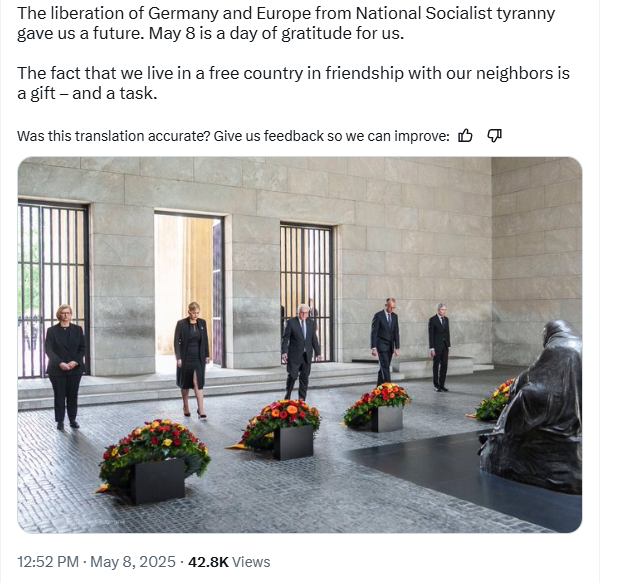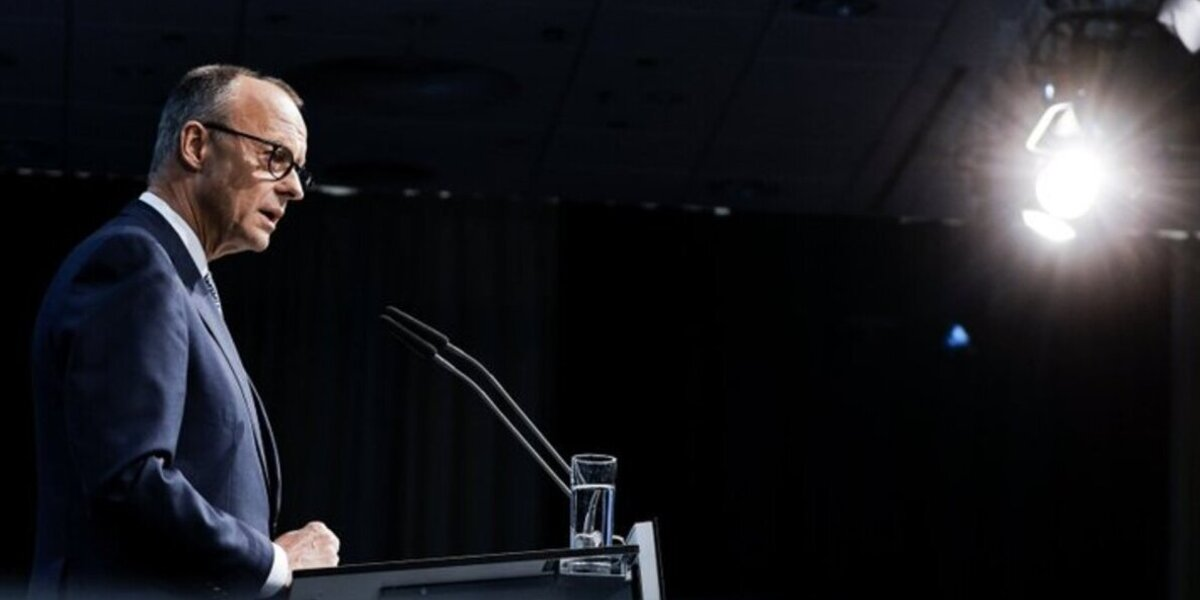Like the country itself, Germany’s politics are usually thought of as sensible, moderate and practical. But this week saw unprecedented political scenes in the Bundestag, Germany’s lower house of parliament, when incoming Chancellor Friedrich Merz lost a confirmation vote. So, what might this mean for Anglo-German relations and for your business?
Paper jam
By British standards, the change of government in Germany has been protracted: Socialist Chancellor Olaf Scholz’s coalition collapsed at the end of 2024 and a snap election was called.
Voting got under way in February after reports that logistical challenges, including a shortage of paper for ballot papers, might prevent an earlier poll. Merz’s conservative CDU/CSU alliance emerged as the largest party after the election with the right-wing Alternative for Germany (AfD) in second place and the socialists pushed into third.
As is common under Germany’s proportional voting system, no party secured an overall majority and so coalition negotiations followed. With no-one prepared to work with the AfD, a new ‘Grand Coalition’ was agreed between the CDU/CSU and the socialist SPD, this time with the conservatives in charge.

Six missing votes
Before taking up the position of Chancellor, CDU leader Merz faced a confirmation vote in the Bundestag on Tuesday. Merz needed to secure support from over half the members of parliament – 316 votes – but in an unprecedented event, Merz lost by six.
A second vote was held later the same day, which Merz won. Voting is secret so it is not certain who failed to back him. Nearly six months after the collapse of the previous coalition, a new government is now in place but it is off to a shaky start.
Planes, trains and autobahns
Relations between the UK and Germany, historically strong, became strained over Brexit. Recent developments, including the Windsor Framework, the King’s state visit to Germany, the Trinity House agreement and visits by Sir Keir Starmer to Berlin have put that relationship on the front foot again.
Faced with common, if rather different, challenges in Trump’s White House and Putin’s Kremlin, strong bilateral relations between the two nations are likely to continue, notwithstanding the different political colours of their ruling parties.
Debt to be used to finance defence spending
Of particular interest to business and investors will be the Merz government’s plans on spending and borrowing. Traditionally fiscally conservative, Germany’s federal budget is subject to a rule that restricts the federal government’s structural deficit to 0.35% of GDP. A new reform means that any defence spending that exceeds one percent of Germany’s GDP will no longer be covered by this rule, allowing for defence projects to be financed through additional debt.

€500bn special infrastructure fund
There will also be a €500 billion special infrastructure fund, separate to the federal budget and funded through the issue of bonds, to address underinvestment in infrastructure in a number of sectors that is widely seen to be holding back Germany’s economic growth, including transport, hospitals, energy and digital infrastructure. Exactly where and how the money is to be spent is yet to be decided, but the government is likely to seek private investment with opportunities for public-private partnerships on the horizon.
Businesses looking to invest in Germany: Watch this space
Germany’s new economic policies suggest significant potential for growth, but the coalition’s rocky start may pose challenges. Businesses eyeing opportunities in Germany should monitor how the government navigates its early days.


